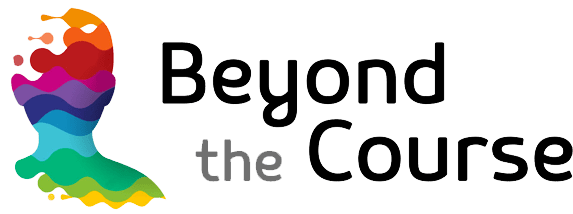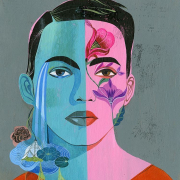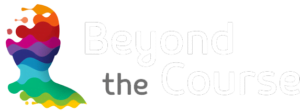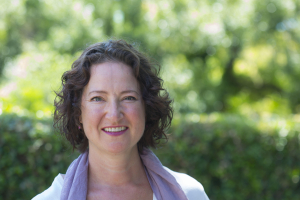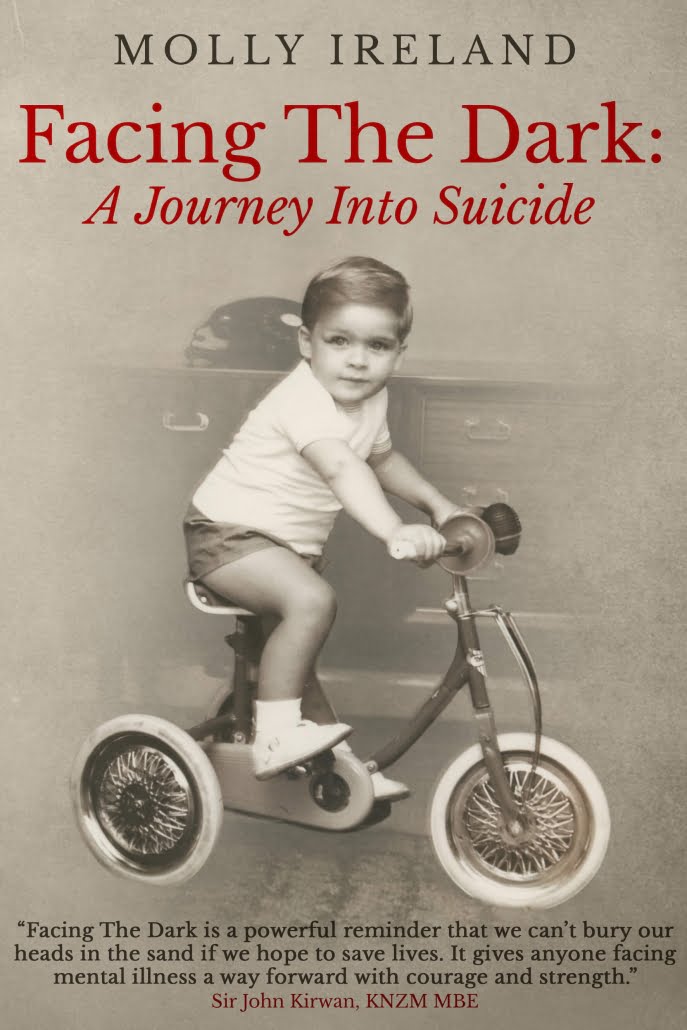I Will Meet You There
Tolerance
We live in divisive times. Despite our similarities, we are focused on our differences, especially when we perceive them to be a matter of life or death or to threaten our way of life in some way. A return to what we have in common is needed now more than ever – a return to tolerance: the part of us that understands that we are all doing the best we can with the filtered information and the fears we’ve inherited.
To reach for this, however, we need to understand what it is. Interestingly, tolerance is a word defined as the strength to bear pain and hardship, as well as the ability to rise above continued exposure to drugs, toxins, or environmental conditions without adverse reactions. This is apt for the pandemic, New Zealand’s strict lockdown, and the vaccination mandate. Tolerance asks of us that we allow the existence and practice of something distasteful without interference. We are certainly being called to do this now. This is something every mature person must grapple with, especially today as people struggle to integrate polarizing information so as to choose what is best for themselves.
How Tolerant Are We?
Despite what I have always believed to be true of my adopted country, I am concerned that we are rapidly becoming an intolerant nation. In recent years, New Zealand’s public officials – under the guise of social inclusion and public “safety” – have become among the least tolerant in the world. In fact, they tell us to trust no other information source on Covid-19 than what this government releases to us. This is hugely worrying. Whenever politicians try to censure information, and the voices of professionals whose views appear to question their own, we are in trouble. History has shown time and time again that even the most benign governments will use crisis situations to bolster their reputations and ultimately their control. Think George W after 9-11.
Are we comfortable abdicating our rights all in the name of a perceived yet uncertain “safety?” As I have experienced in my own practice, we need to think more broadly about it to include psychological harm caused by social isolation and economic hardship. Unfortunately, the systems to measure these alternate threats to our safety are either currently missing or being silenced.
Under the guise of fighting for good social justice, governments, and the institutions they fund, can cause more harm than good. Ironically as we rapidly become more tolerant of nontraditional genders and sexual preferences in our public and private institutions, we appear to be becoming less tolerant of varying opinions and points of view. The filtering of New Zealand’s state-controlled media is just one example of where this is taking place. The truth is that we are silencing alternative viewpoints at breakneck speed, especially as they relate to public health.
Everything has a cost
Instead, we need to consider the cost of everything we do, including the management of Covid-19 and the desire for improved social justice, just as much as we try to solve the problems themselves. Thomas Sowell lays out the costs of social justice in his well-written article here. He stresses that when we try “to set things right,” it often means “writing a blank check for a never-ending expansion of government power.” Do we really want to bear the brunt of this cost to our personal and economic liberties for generations to come? Unfortunately, we are not debating these issues openly. Where are the objective and rational alternative voices? It appears that our collective ego has gotten in the way.
It’s hard to be a hero if nobody needs saving.
Instead of focusing on the costs of what we do in an effort to fix problems, we become blind-sighted on being “right.” And being “right” feels so, well, right. Our thoughts reinforce this. It’s in our highest good, we muse to do the “right thing” because this feels good to our egos. Day after day, thousands of thoughts describe the world to us, telling us what’s “right and what’s “wrong,” what’s “good” and what’s “bad.” They tell us which paths we should take and which ones we should avoid. In this way, we come to believe that our views are right without question, and those who disagree with us – or express alternate views or experiences – are wrong.
This is how the ego justifies itself. This is how we feel secure, valid, and superior, especially when faced with opposite beliefs of insecurity and inferiority. Who’s right? Me. Who’s got better opinions? Still me. There is tremendous comfort in this self-righteous distortion.
Everyone is right, every time.
But because we filter every belief through who we are and what we want, what we know just becomes an extension of our identities. This means that, according to author and entrepreneur Seth Godin, everyone is always right … to themselves anyway. In reality, our views are just products of our experiences and desires, but the entanglement with identity makes it very hard to back down or revise our opinions. And this takes place at both the individual and collective levels. Politicians, and the infrastructure they’ve built around them, are especially entrenched in being “right” and staying “right.” And, in fact, few people or groups ever do revise their opinions based on new information because it’s not only a loss of power, but it feels like self-annihilation: our very existence. And yet, this is just a feeling. It doesn’t have to be life or death for either of us if we disagree. Instead, we can meet somewhere else.
Theologian and Sufi poet, Rumi, has a timeless metaphor for tolerance to help us out:
Out beyond ideas of right-doing and wrongdoing, there is a field.
And I will “meet you there.” That is … just as soon as we’re allowed to travel more than a few blocks from home.
If you’re feeling isolated and alone and unable to express your true feelings, reach out for some support.
